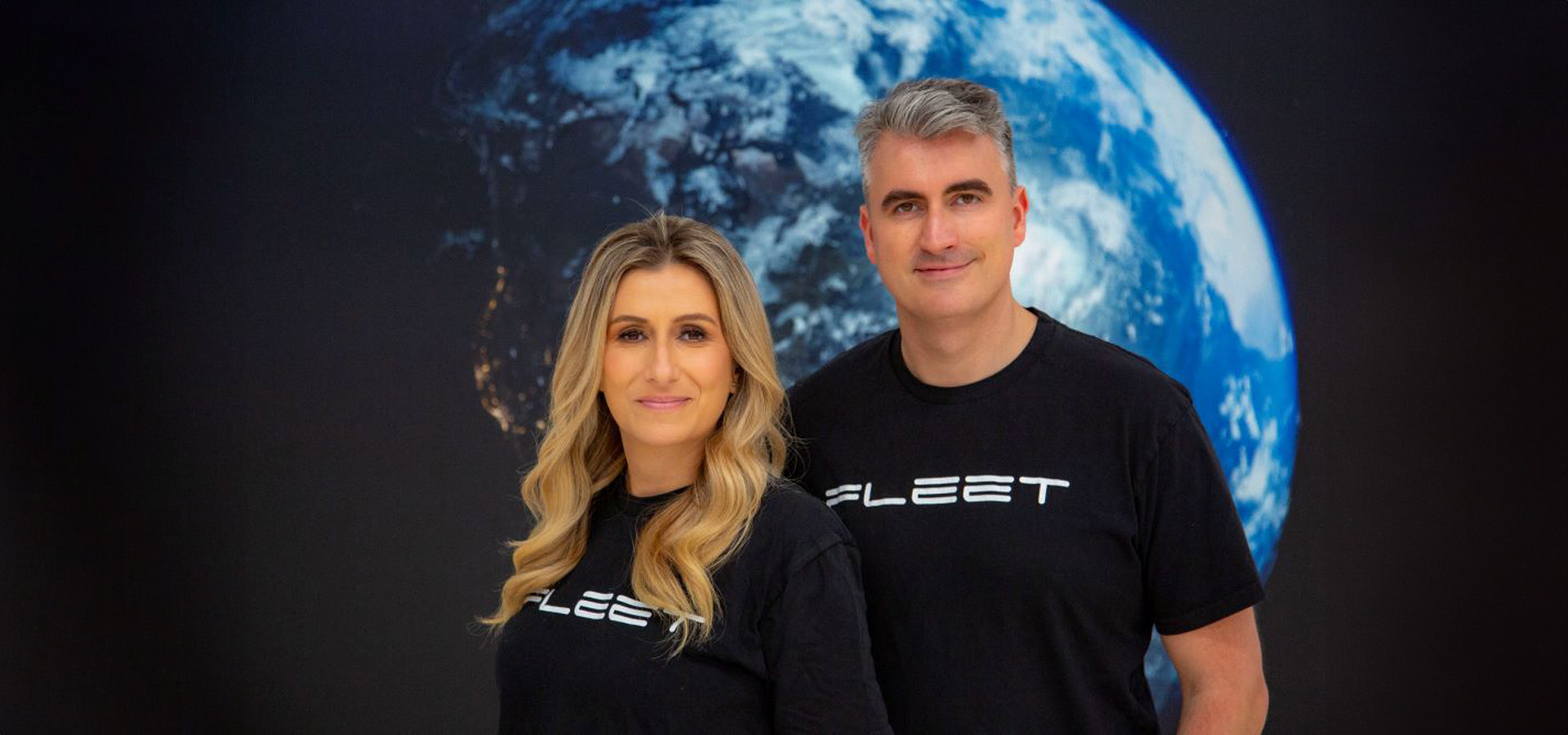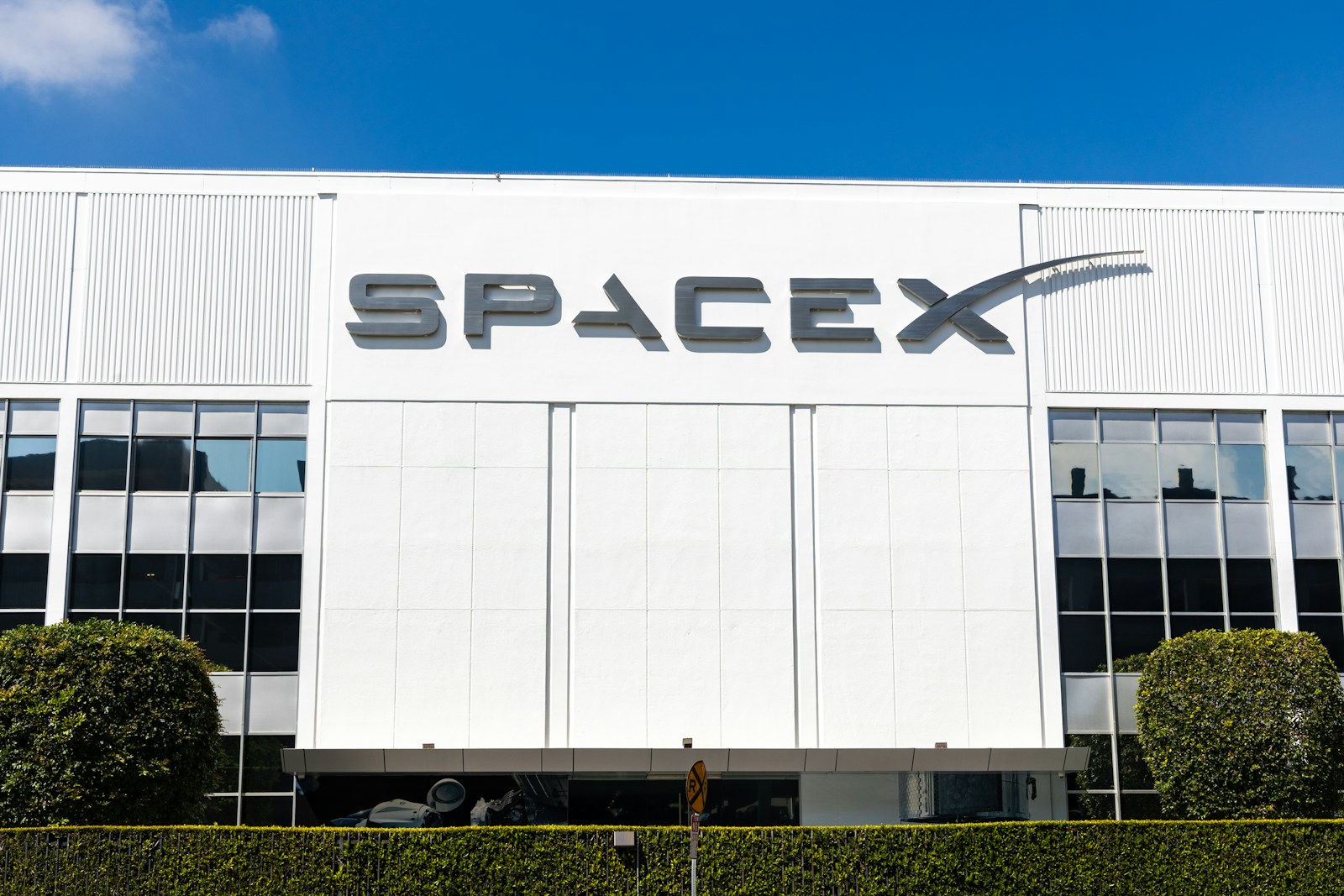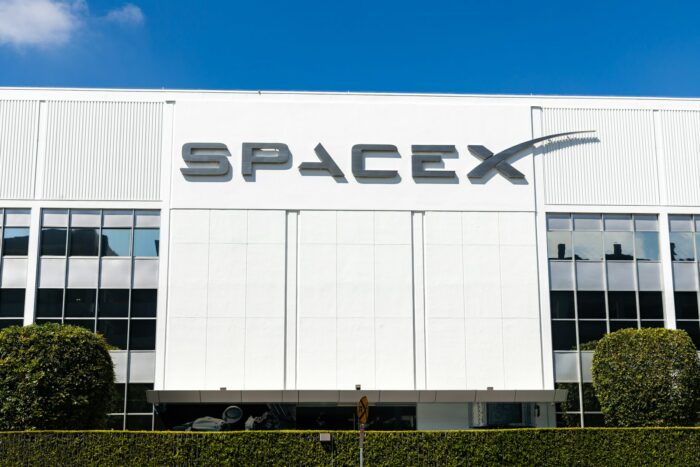Insider Brief:
- Mbryonics has received approval for a recommended investment of €17.5m from the European Innovation Council Accelerator.
- The accelerator provides a blended finance offer with grant funding of up to €2.5m and an equity investment ranging from €0.5 to €15m.
- Along with the boost in funding, Mbryonics announced that the US government has selected the company’s StarCom optical terminal to facilitate a space-based internet.
- Image credit: Mbryonics via LinkedIn
Galway-based space tech company Mbryonics has received a €17.5m investment from the European Innovation Council (EIC) Accelerator.
Mbryonics plans to use the investment towards establishing a facility in the west of Ireland with significant manufacturing, assembly, and testing capabilities for optics and photonics.
The European Innovation Council (EIC) Accelerator Programme is Europe’s flagship innovation initiative and is part of the EU’s Horizon Europe 2021-2027 Research and Innovation Programme. The accelerator provides a blended finance offer with grant funding of up to €2.5m and an equity investment ranging from €0.5 to €15m. Successful candidates are high-potential, high-risk start-ups, scale-ups, and SMEs led by strong, well-balanced leadership teams. Companies that receive funding are more mature with highly differentiated, deep-tech products capable of creating new markets or disrupting existing markets as reported by RTE.
The National Support Network for Horizon Europe is led by Enterprise Ireland, an organization that supports Irish deep tech companies in navigating the highly competitive EIC funding programmes.
John Mackey, CEO of Mbryonics, expressed excitement about the new funding stating, “This period marks an exhilarating phase for Mbryonics, as our StarCom optical terminal is set to launch in 2025, supporting a client’s development of a space-based quantum internet.”
Mackey also announced that the US government has selected the Mbryonics’ StarCom optical terminal to facilitate a space-based internet that will link government satellites with various commercial satellite networks, including Starlink and Kuiper.
If you found this article to be informative, you can explore more current space industry news, exclusives, interviews, and podcasts.
Share this article:










